Courses

Overview
This course is designed to give the learner a good understanding of how to safely undertake a manual handling operation. It covers topics including: what is manual handling; the legal requirements behind manual handling operations; risk assessment; manual handling techniques; etc.

Overview
This course looks at the Mental Capacity Act (MCA) 2005 and examines, amongst others, such topics as: what is the MCA and who does it cover; statutory procedures within the Act; decision making and how to decide what is in a person's best interests. Candidates will undertake an online assessment and will receive a certificate if successful. (Any certificates from an official awarding body are sent to you in hardcopy format).

Overview
This course provides a general understanding of the nutritional requirements of older people. It covers nutrition, food types, choice and variety and exercise.

Overview
This course provides an excellent understanding of issues around dementia. It covers topics including: what is dementia and who tends to be affected by it? Signs and symptoms of dementia; communicating with people with dementia; and understanding and respect.
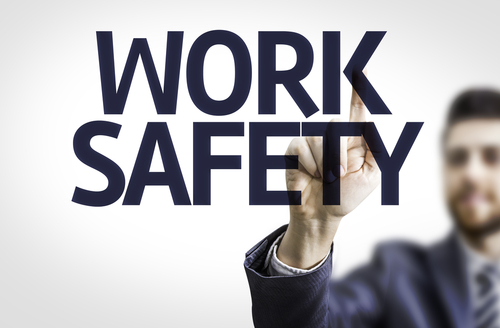
Overview
This course gives a general understanding of the requirements and responsibilities that employees have in respect of health and safety at work. It also highlights the additional responsibilities that an employer has to work with you to ensure a safe working environment. This course contains ongoing assessment to demonstrate that an employee understands the material.

Overview
Our level 1 food hygiene course gives an introduction and basic understanding of food hygiene and is an essential starter course for people who wish to work in the manufacture, preparation and serving of food and food products. At the end of it, you'll come away with a basic food hygiene certificate, too!

Overview
Our Food Hygiene Level 2 course covers food hygiene, food hazards, food poisoning, how food becomes unsafe, personal hygiene, awareness of contamination, time and temperature factors, proper cleaning and sanitizing, premises and equipment and food handling responsibilities. This is the food hygiene level 2 course, which is perfect for anyone prepared or handling food.

Overview
This course gives the learner an excellent understanding of what we mean by stress and the typical causes of stress. It goes on to increase the learner's awareness of the signs of stress and to develop strategies to manage it.
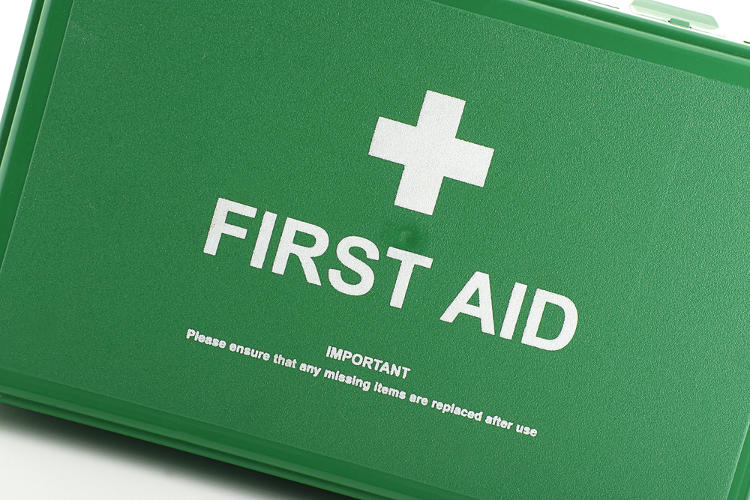
Overview
This course is designed to provide you with an introduction to the legal obligations of employers and employees with regard to first aid provision in the workplace. It also explains what first aid is all about, highlights the role of the first aider and goes on to describe how to deal with minor injuries.

Overview
This course gives the learner a good understanding of the need for excellent customer service and communication skills within the Retail sector. It goes on to give useful tips to improve and develop these skills.

Overview
This course gives the learner a basic understanding of the regulations that have come to be known as REACH. That is, the registration, evaluation, authorisation and restriction of chemicals.

Overview
This course gives the learner an excellent understanding of the importance of infection control in a healthcare environment. It covers the three main stages that are crucial for effective control of cross-contamination and control of infectious bacteria and viruses - hand hygiene; personal protective equipment; and the safe use and disposal of sharps.

Overview
The purpose of this course is to provide guidance for people in every aspect of health care who are involved in the handling and administering of medicines. The course sets out the principles of safe and appropriate handling of medicines and explains how these apply in specific services.

Overview
In this course, the learner will be introduced to why epilepsy happens; the process of diagnosing epilepsy; various types of seizures, including symptoms; treatment and management of epilepsy; and the need to provide an accurate description of observed seizures.

Overview
In this course the learner is introduced to what we mean by the term “conflict”; how to deal with problems positively; how to deal with abusive and violent behaviour; methods for resolving conflict: and how to handle complaints.
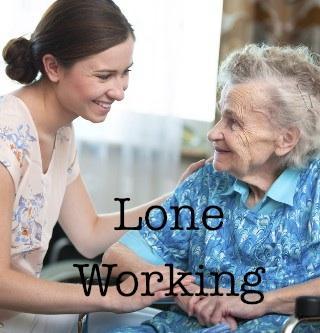
Overview
This course gives the learner a good understanding of how lone working is covered by health and safety law and highlights the importance of conducting a risk assessment before every lone working episode. It goes on to demonstrate what should be involved in a risk assessment and discusses ways of reducing possible risk.
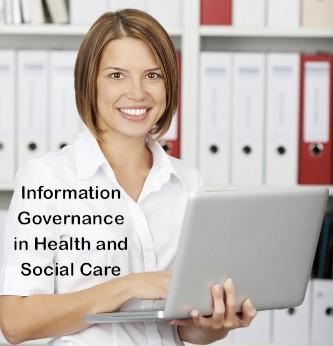
Overview
The learner will gain a good basic knowledge of the importance of maintaining a high level of confidentiality when it comes to the handling of patient-identifiable information.

Overview
This course gives the learner a general understanding of diabetes - what it is, the signs and symptoms associated with it, and how to help someone who is experiencing a diabetes attack.

Overview
This qualification is aimed at learners who currently work, or want to work, in construction and successful completion will enable you to move on to take the CITB health, safety and environment test, and then apply for the new Construction Skills Certificate Scheme (CSCS) Green Card. This card allows access to construction sites in the UK as a non-skilled worker.

Overview
This course is designed to provide you with a general understanding of the concept of safeguarding of vulnerable adults and children and young people.
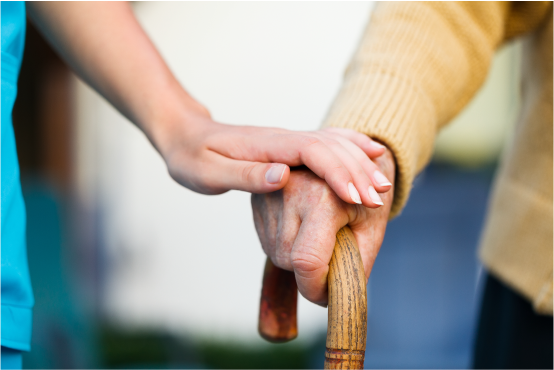
Overview
This Safeguarding of Vulnerable Adults (SOVA) course is designed to help those who work with vulnerable adults increase their knowledge on such an important subject. Safeguarding adults is everyone’s responsibility and having a thorough understanding of the process is invaluable to you, your business and the vulnerable adults you know. This safeguarding adults training aims to help you identify the signs of potential abuse and understand what to do with your concerns.

Overview
Our safeguarding children course is essential for anybody who works with the young. This safeguarding children course course will help you understand your role and responsibilities, and support you in feeling confident in carrying out appropriate actions should you have any concerns.

Overview
COSHH stands for Control of Substances Hazardous to Health. This course aims to explain all the rules, regulations and good practices which cover the laws relating to the common hazardous substances found in most workplaces.

Overview
This course aims to explain the basics in good hospitality skills and at the same time show how it can be equally useful for workers in other areas of hospitality such as bars, cafes and coffee shops. We will provide the information needed to help you give the best customer service.

Overview
This course is designed to give you the best opportunity to pass the CITB Health, Safety and Environment Test, which is a mandatory requirement to be able to apply for a CSCS Operator-level card that is needed to work on a construction site in the UK

Overview
This course combines The Digital College courses "Level One Award in Health and Safety in a Construction Environment" and "Preparation for the CITB health, safety and environment test" to enable you to attain a CSCS "Green Card" as quickly as possible. This includes applying for the card on your behalf. Nothing extra to pay; all training, exam and card costs included!

Overview
This course will provide you with everything you need to be an effective Fire Marshal in your workplace.

Overview
This course is designed to give the learner a good understanding of personal finance and to help them to reach a realistic and effective balance between the money they have coming in, and money they have going out.

Overview
This course is designed to give you a good understanding of contact centre operations By the end of the course, you will be able to demonstrate an understanding of: • The purpose of a contact centre • The job role of a contact centre agent • The call centre environment – what it’s like working in a call centre • The importance of working with others to improve personal effectiveness and team performance • Quality assurance – how calls are monitored to assure the information given is clear, correct and current • The law in relation to call centre operations • Health, safety and welfare in a contact centre environment • How to contribute to excellent customer service • The difference between inbound and outbound calls • How to contribute effectively to sales within a contact centre • Call centre terminology

Overview
Customer Care is one of the most important aspects in any business. As such, this course has been designed to cover a range of areas, including the principles of excellent customer care; how to provide excellent customer care; and, how to communicate effectively with customers.

Overview
Our Level 1 Award in Environmental Sustainability qualification will increase your understanding and awareness of what environmental sustainability is and the impacts humans are having on the environment. You'll gain knowledge of natural resources, including renewable and non-renewable sources, the impacts of waste, energy and water usage amongst other effects, how these impacts might be reduced, and the benefits of sustainable communities. Upon successful completion of the invigilated assessment, you will receive an official certificate.

Overview
Our Level 2 Award An Introduction to First Aid for Mental Health qualification will increase your awareness of common mental health issues, such as anxiety, depression and stress, that can have an impact on our everyday lives. You'll also obtain knowledge on how a mental health first aider can provide immediate "on the spot" care to others, while looking after their own mental wellbeing. Upon successful completion of the invigilated assessments, you will receive an official certificate.
